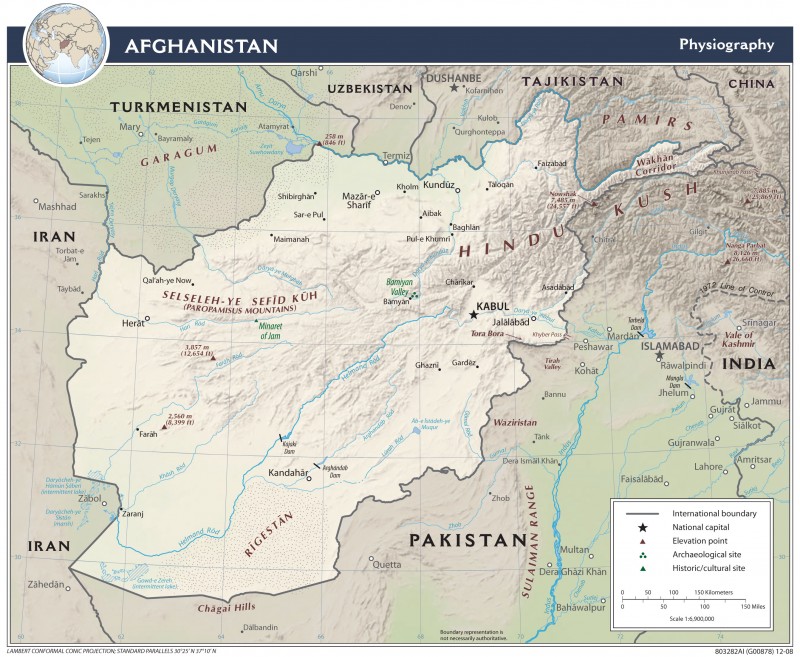Gold will Thrive as Dollar Depreciates
Bill Gross Recommends Gold by Chris Vermeulen Lately we’ve heard a lot about the PIIGS in the “Ring of Fire”. Usually the ring of fire is used to describe a horseshoe shaped area of of volcanoes in the Pacific Rim. But in this case it is referring to the PIIGS i.e. Portugal, Ireland, Italy, Greece and Spain. But in a […]
Gold will Thrive as Dollar Depreciates Read More »

